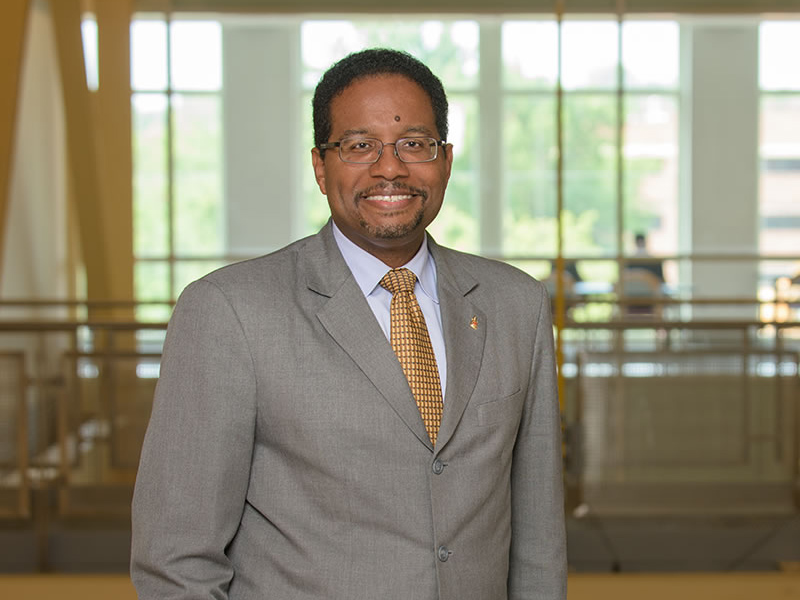Develop fearless engineers who will Mpact the grand challenges and other societal problems of the 21st century:
- Deliver on the A. James Clark School of Engineering Promise. Every student will have the opportunity for Mpact through hands-on experiences, mentorship, and participation in challenging cocurricular, extracurricular, research, and service-learning initiatives in an inclusive environment.
- Attract a diverse pool of the best students at both the graduate and undergraduate levels.
- Invest in the engineering pipeline by establishing strategic partnerships, developing K-14 programs, and contributing to the national discussion on K-14 engineering education policy.
- Retain and graduate a diverse pool of students at the undergraduate and graduate levels.
- Sustain outstanding accomplishments among students, including prestigious career placements upon graduation.
- Decrease time to degree completion and increase graduation rates of undergraduate and graduate students.
Lead and transform the engineering discipline and the profession:
- Showcase Clark School faculty as thought leaders on national and international topics that affect society in the 21st century.
- Develop new infrastructure and renovate existing infrastructure to adapt to the needs of engineering education and emerging research areas.
- Enable transformative research innovation and success.
- Expand interdisciplinary research, educational, and entrepreneurial collaborations.
- Increase partnerships with government agencies, foundations, corporations, educational institutions, STEM organizations, and associations.
- Transform the classroom with the latest engineering education pedagogy, unique infrastructure, and e-learning technology.
Accelerate innovation and entrepreneurship:
- Foster a culture where innovation and creativity is encouraged, incentivized, and rewarded.
- Encourage students and faculty to commercialize novel technologies to enhance economic development for the state and nation.
- Embrace social entrepreneurship.
- Build intrapreneurial skills among students and faculty.
Build a culture of Mpact among Clark School faculty, staff, students, alumni, donors, friends, and the local, state, national, and international community:
- Link research and learning activities to societal impact.
- Drawing from our unique location in the D.C. metro area, engage in the national dialogue on the grand engineering challenges and solutions of the 21st century.
- Create and demonstrate the value of engineering education, research, and service on economic development at the campus, local, state, national, and global levels.
- Engage a loyal community of alumni and friends who actively invest their resources in ensuring the success of the Clark School.
